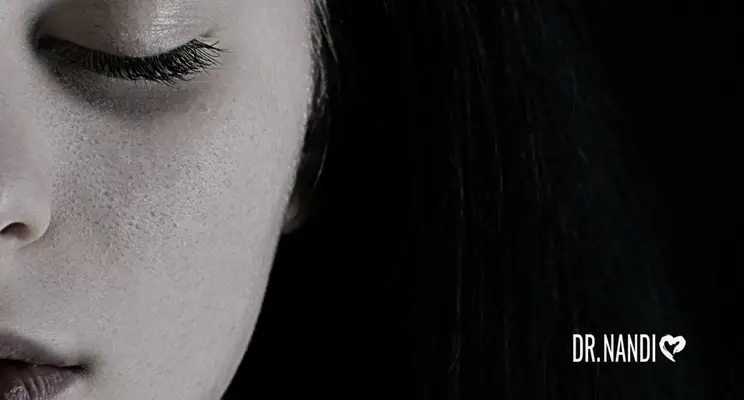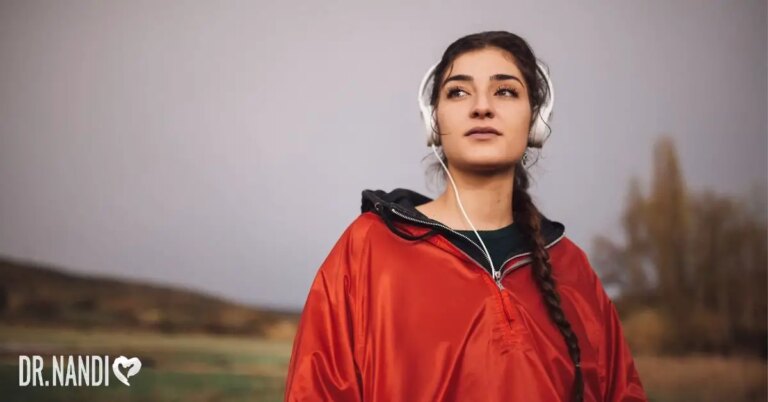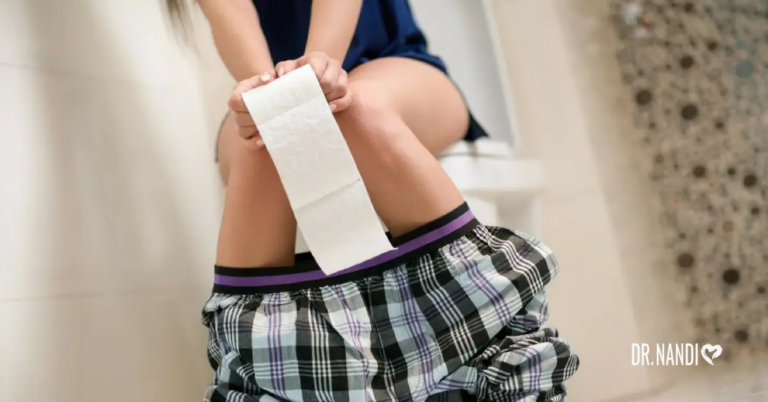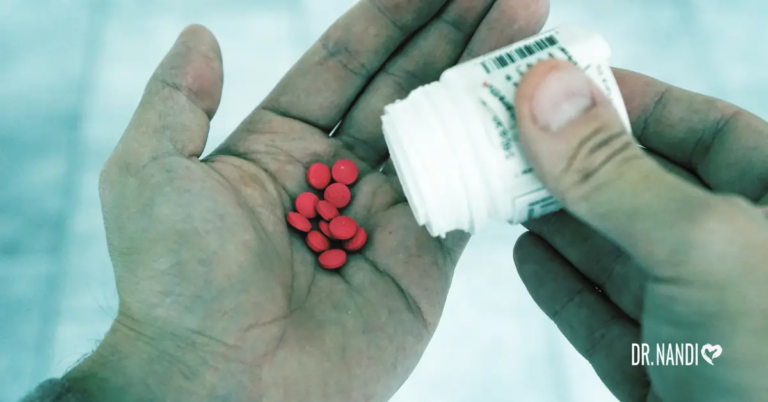It isn’t always easy to differentiate between sadness and depression. But there are significant differences between the two, and it’s essential to understand them. Otherwise, you risk overreacting to what might just be a couple of bad days or failing to take action when there is an actual cause for concern.
Sadness is a common human emotion. We’ve all dealt with moments of sadness, and we’ll eventually experience them again. It’s a part of life. These feelings are typically short-lived and triggered by a difficult event or challenging circumstance.
Depression is a severe medical condition that impacts the lives of approximately 350 million people globally. The severe toll it takes on peoples’ lives is often underappreciated because of its prevalence. People don’t quickly bounce back from depression. It saturates their lives and tends to stick around.
The good news is that there are ways your body tells you that you’re dealing with depression versus feeling a little down in the dumps. When you learn to recognize them, you empower yourself to be your very own HealthHero and seek help when you need it.
You Feel Sad Most of the Time
When suffering from depression, you experience lingering sadness that usually intensifies over time. These emotions will likely become overwhelming and affect your appetite, energy, and ability to get a good night’s sleep.
You Feel Hopeless
It’s one thing to feel down about a specific event (losing a job, losing a loved one, divorce, etc.). But when everything in your life feels pointless, depression is likely to blame.
Life Is No Longer Enjoyable
You can feel sad and still find enjoyment in your day-to-day activities. You might be upset that you didn’t get a raise, but still enjoy an afternoon on the beach with your family. You can distract from your sadness with everyday activities such as reading, exercising, or meditating. When facing depression, not even your favorite activities will snap you out of your funk.
Your Relationships Suffer
Having a supportive tribe is crucial to your well-being. These people love and support you through good times and bad. When depressed, you’re likely to withdraw from those around you, even your tribe of loyal supporters. It is a red flag if you neglect even your most valued relationships or push away those closest to you.
You’re Having Suicidal Thoughts
I am very passionate about this topic, and it’s a tough one to address. As a result, many persons with depression avoid treatment because they feel hopeless and believe that healing is unachievable. When you’re depressed, these intense emotions can become so unbearable that you might contemplate hurting yourself or ending your life to escape the torment. If you find yourself experiencing suicidal thoughts, I urge you to seek help immediately. You can overcome your depression.
The world we live in can be stressful, and it’s perfectly normal to feel the emotional effects. When you listen to your body and make your health a top priority, you’ll be prepared to recognize the symptoms of depression and take the necessary steps toward a healthier life.
Partha’s Rx
- Look out for any changes in your appetite, energy levels, and sleep patterns. These are common indicators of a potential problem.
- Notice any changes in your ability to think clearly and remember things.
- Lean on your tribe for support. If you suspect that you’re dealing with depression, talk to those closest to you. Ask for advice. Ask for help. Don’t be afraid to lean on them! That’s what your tribe is all about.
- Take any thoughts of suicide or self-harm seriously. If you or a loved one experiences these thoughts, immediately seek professional help. Your depression does not define you, and you can overcome it.














 Subscribe to Ask Dr. Nandi YouTube Channel
Subscribe to Ask Dr. Nandi YouTube Channel









